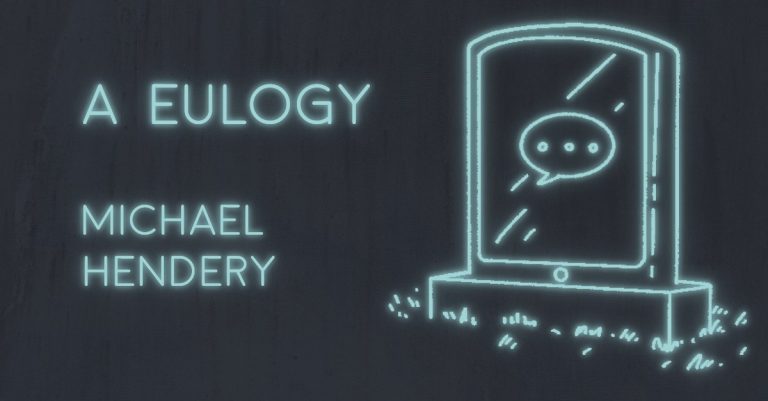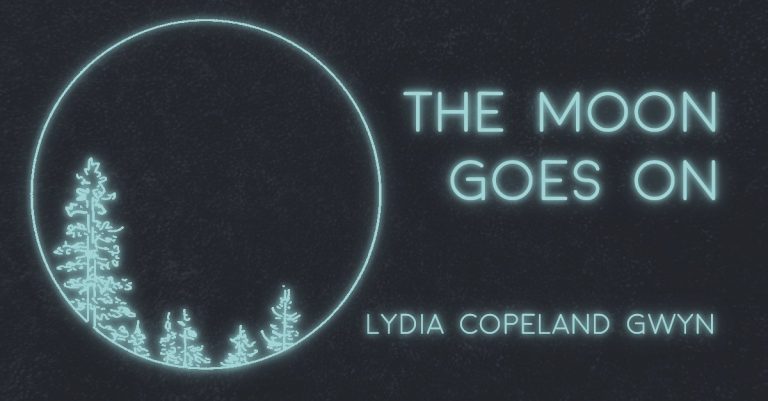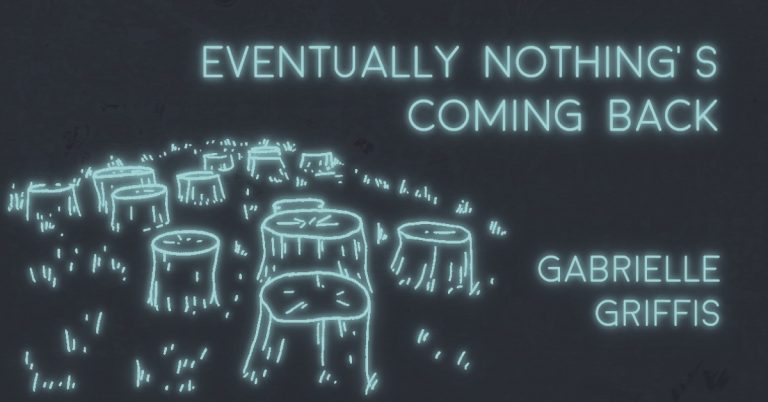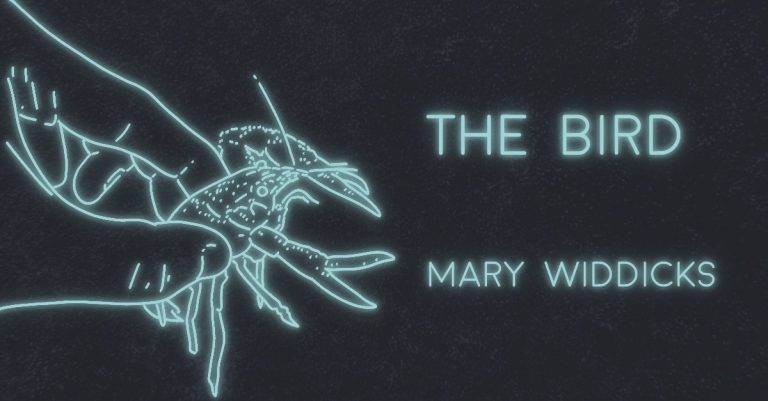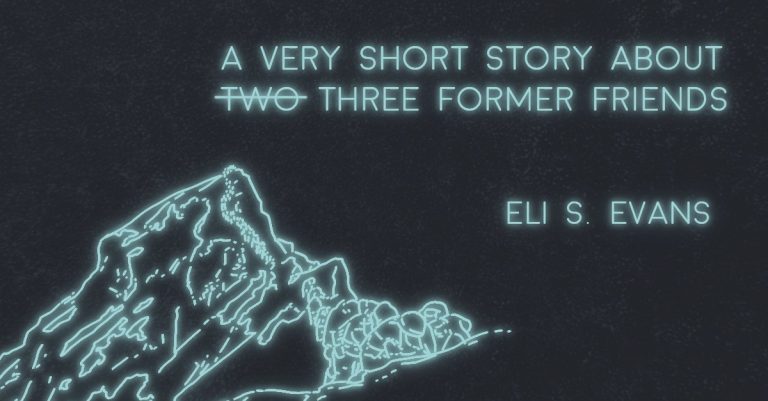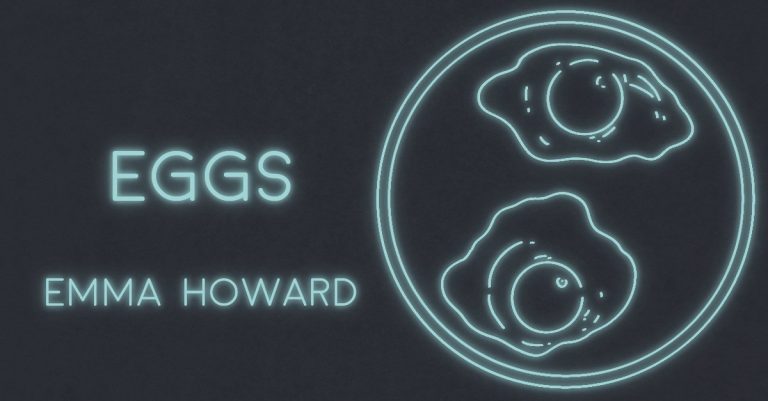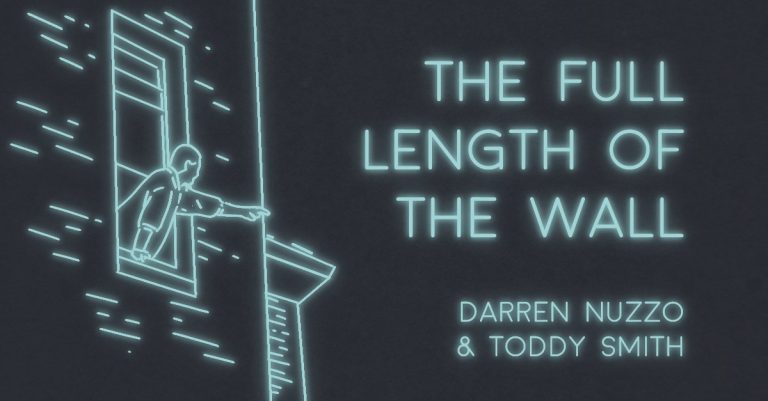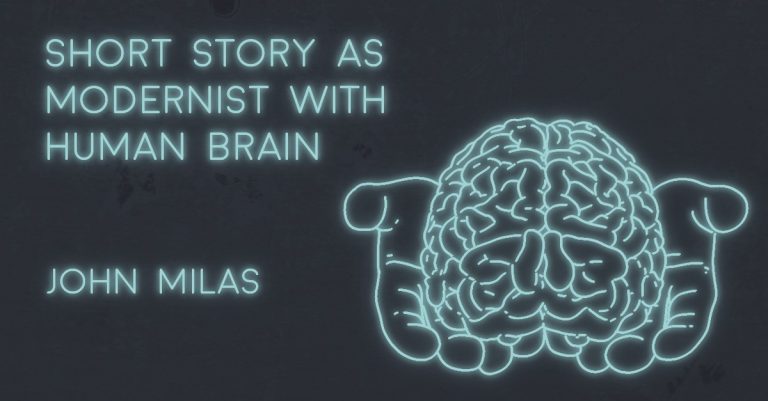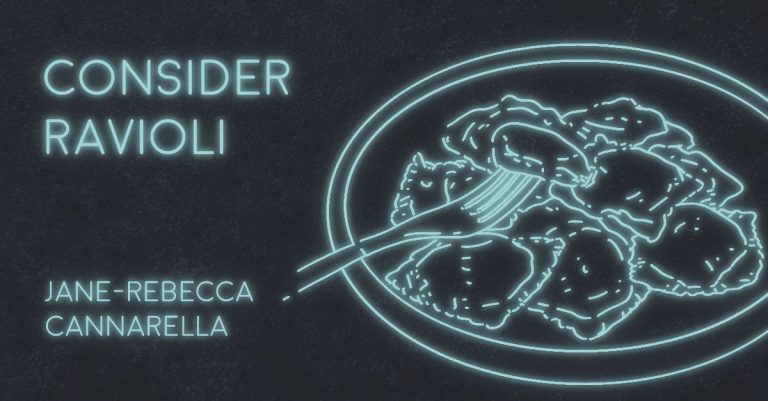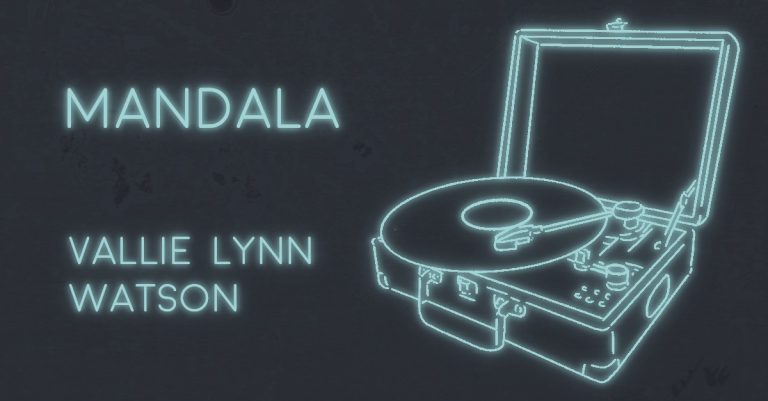
MANDALA by Vallie Lynn Watson
He always walked me to my car when I left his house after sex, so stealing his albums was tricky. Not stealing. Borrowing. I started in month two, initially one album at a time, always only the record itself. He’d have to excuse himself to the restroom five or six times an evening, and I’d barefoot across his new carpet to just outside his bedroom, where the shelves began. I would slip an album out of the cover and into my messenger bag, take them home until our next engagement—he usually asked me back within a week—and after sex, put

